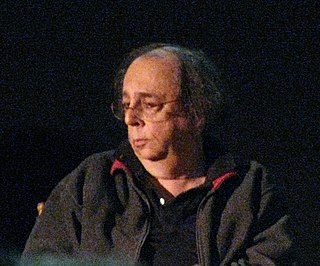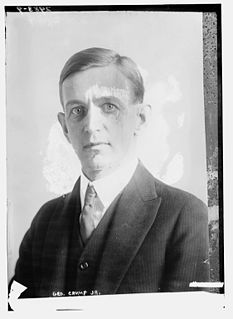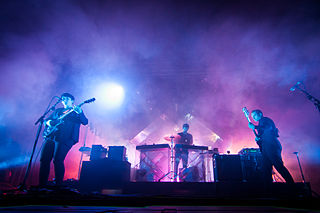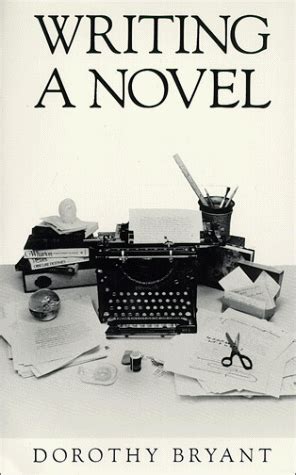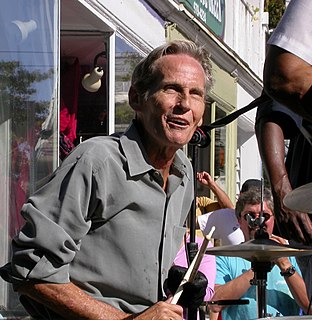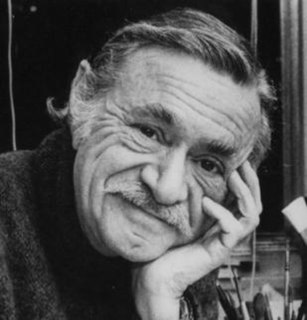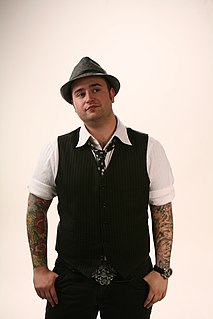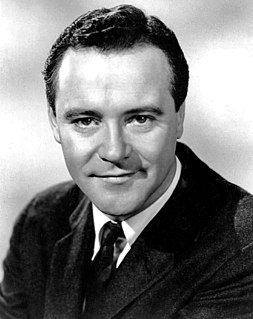A Quote by Jean-Paul Sartre
I think there is an enormous diference between speaking and writing. One rereads what one writes. But one might read it slowly or quickly. In other words, you do not know how long you will have to spend deliberating over a sentence. ... But if I listen to a tape recorder, the listening time is determined by the speed at which the tape turns and not by my own needs.
Related Quotes
... And we talk it out. Lately, I've had Roy Thomas come in, and he sits and makes notes while we discuss it. Then he types them up, which gives us a written synopsis. Originally - I have a little tape recorder - I had tried taping it, but then I found no one on staff has time to listen to the tape again later. But this way he makes notes, types it quickly, I get a carbon, the artist gets a carbon ... so we don't have to worry that we'll forget what we've said.
I had invented my own system, my own way of making electronic music at the San Francisco Tape Music Centre, and I was using what is now referred to as a classical electronic music studio, consisting of tube oscillators and patch bays. There were no mixers or synthesizers. So I managed to figure out how to make the oscillators sing. I used a tape delay system using two tape recorders and stringing the tape between the two tape machines and being able to configure the tracks coming back in different ways.
To listen fully means to pay close attention to what is being said beneath the words. You listen not only to the 'music,' but to the essence of the person speaking. You listen not only for what someone knows, but for what he or she is. Ears operate at the speed of sound, which is far slower than the speed of light the eyes take in. Generative listening is the art of developing deeper silences in yourself, so you can slow our mind's hearing to your ears' natural speed, and hear beneath the words to their meaning.
Now clearly this advantage is when the data on tape has been found and just needs to be transferred back. You need to add a minute or so of seek time to find the data. On large transfers, though, tape should outpace most disk systems. From an ingest perspective, LTO-6 and other enterprise tape formats may be unrivaled when compared on a single unit basis.
To me, one of the greatest triumphs in doing a book is to tell the story as simply as possible. My aim is to imply rather than to overstate. Whenever the reader participates with his own interpretation, I feel that the book is much more successful. I write with the premise that less is more. Writing is not difficult to me. I read into a tape recorder, constantly dropping a word here and there from my manuscript until I get a minimum amount of words to say exactly what I want to say. Each time I drop a word or two, it brings me a sense of victory!
I love Mix Tape. It combines three great elements - magic, music and a natural way of performing. I know that every time you perform Mix Tape you will feel like you're presenting someone with a very special gift. I've never come across a routine so natural and so strong. Use this and you will be the wonder worker they talk about long after you have left.
Acting doesn't have anything to do with listening to the words. We never really listen, in general conversation, to what the other person is saying. We listen to what they mean. And what they mean is often quite apart from the words. When you see a scene between two actors that goes really well you can be sure they're not listening to each other - they're feeling what the other person is trying to get at. Know what I mean?




